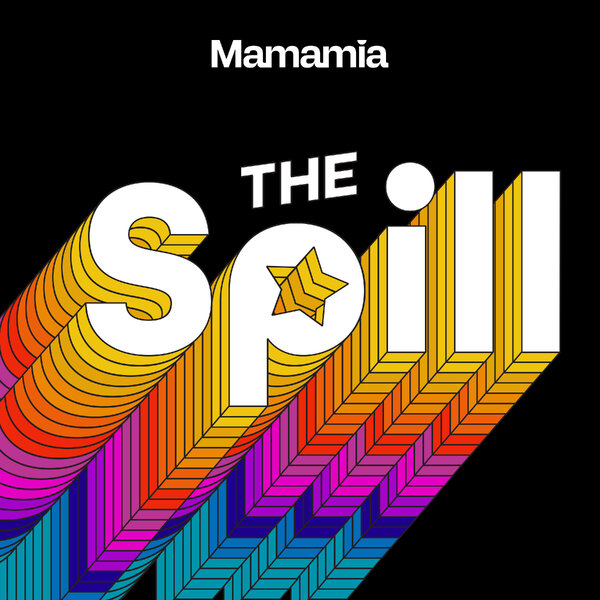By AVIVA TUFFIELD
In 1928, Virginia Woolf argued that a woman ‘must have money and a room of her own’ in order to write. More than eighty years later, her proposition still holds true because money gives writers some measure of financial independence and buys them the biggest luxury of all – the one that women writers struggle most to attain – time.
Just last month, the inaugural Stella Prize, the new prize for Australian women’s writing, was awarded to Carrie Tiffany for Mateship with Birds. For Carrie, the prize has already given her more options: ‘At a practical level I will be able to take on less paid work and have more time to write. I feel tremendously encouraged – which I think is at the heart of what the Stella Prize organisers intended.’
When ideas for the Stella Prize were first raised in early 2011 a number of people questioned whether we really needed a women-only prize for literature. Detractors argued that women should compete on equal terms, that the prize was unnecessary, that prizes should be ‘merit based’.
Such arguments assume there is a level playing field, and the statistics we had to hand suggested otherwise. Women’s underrepresentation is apparent in all the major literary prizes. For example, over its 55-year history, only 10 individual women have won the Miles Franklin Literary Award, and there have been 4 all-male shortlists since 1987, including two in three years, 2009 and 2011.
And it’s not just that women miss out on prizes in Australia. Their books are also less likely to be reviewed in our major newspapers. (You can find the figures here.)


Top Comments
My participation in a recent Australian blog writing competition raised my awareness, of why - not just gender, but other factors need to be given careful attention when judging/issuing awards in writing and associated competitions.
One quick survey of the Syd.Writers Festival - Best Australian Blog 2013 finalists, indicated that factors such as celebrity (and associated arts/writing industry connections) can influence whether your "under-dog" competition entry gets the attention it fully and fairly deserves.
This blog competition promoted its brand, as keen to support diversity (unique points of view) etc etc. All I can say, is that the results of the competition reflected the opposite, in selecting "finalists" who clearly had celebrity/industry connections and associations.
I could not help writing about this in a blog post: "Losers Lament" which readers may find interesting -
http://50shadesofunemployme...
Cheers,
Carmen
Private organisations should be able to give money to whomever they like.
I'm sure any winner would be very happy with the money but its a bit patronising.